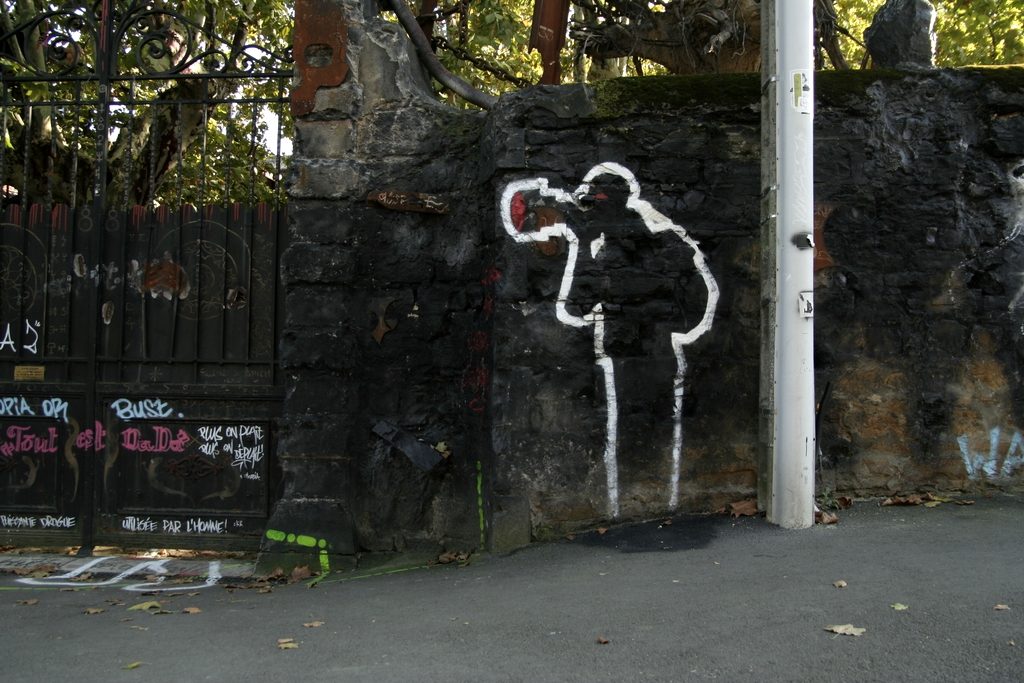
Crime journalism in Portugal, Spain, and Italy is difficult and in ways counterproductive for informing the public, write Maggie Jones Patterson, of Duquesne Universit, Romayne Smith Fullerton, of the University of Western Ontario, and Jorge Tuñón Navarro, of University Carlos III.
The authors analysed crime news and interviews from 41 crime reporters from the three countries. They noticed a striking similarities in the troubles the reporters faced when dealing with the police and other officials: gaining access to reliable information is difficult, and the officials strategically leak certain information to preferential outlets.
The lack of reliable, official information leads crime journalists to chase alternative leads. They often prove unreliable and lead to news outlets publishing false information. Since the officials are not required to release information, reporters must foster personal connections with the authorities.
Because journalists are forced to compete over the officials’ preferential treatment there is little interest for co-operation among reporters, even for developing common journalistic standards. This leads to varying practices in, for example, naming underage offenders or publishing false information to help the police.
There are, however, some signs of change, the authors note. A young generation of investigative reporters is looking to move towards a more neutral and professional mode of journalism. The countries in question also face external pressure to change, for example from the EU and the UN.
The article “At a Crossroads or Caught in the Crossfire?” was published by the journal Journalism Practice. It is available online (abstract free).
Picture: Crime Scence by thierry ehrmann, licence CC BY 2.0.